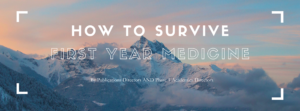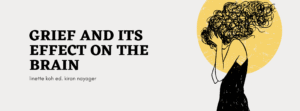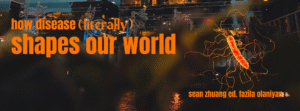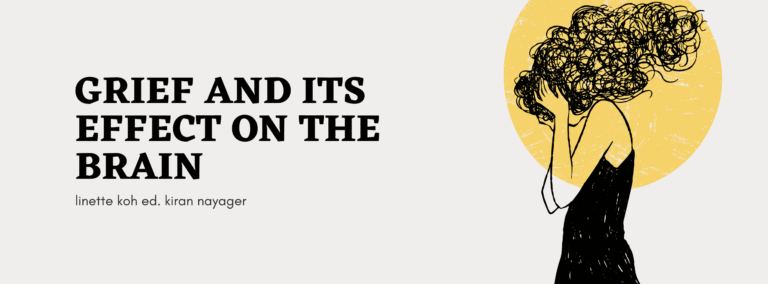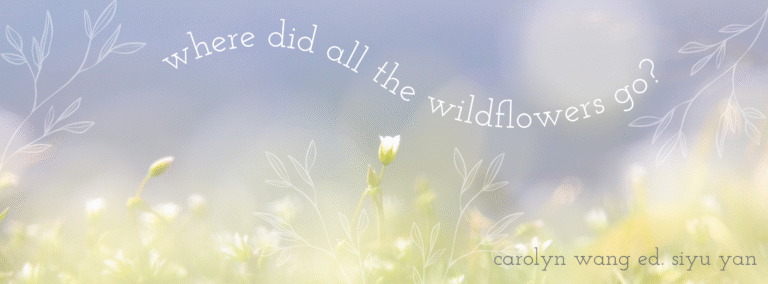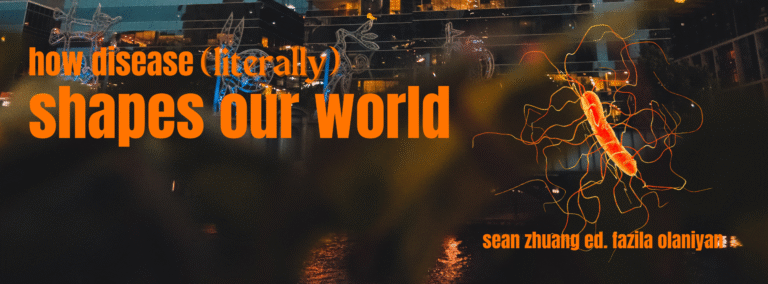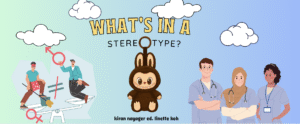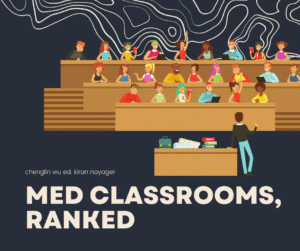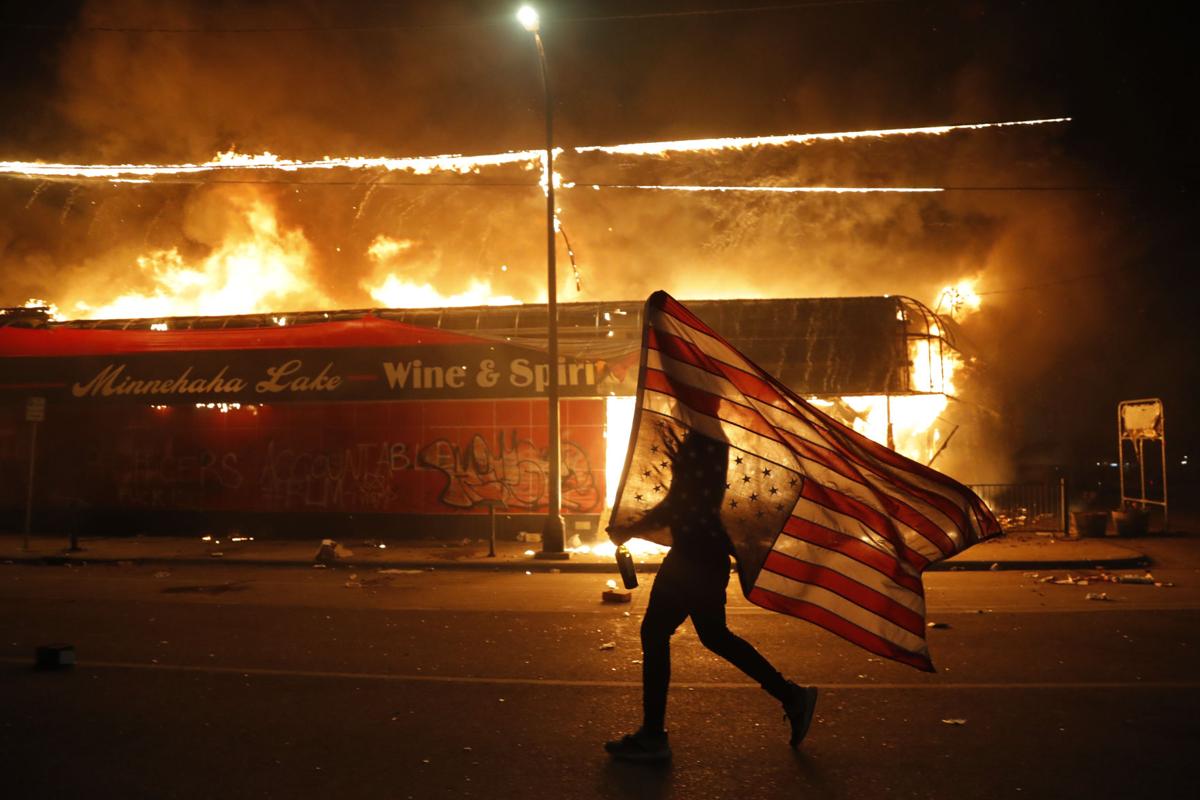
By Jess Sawang; Edited by Nipuni Hapangama
Aboriginal and Torres Strait Islander people are advised that this article contains references to deceased persons.
The year is 2020. We are in the middle of a worldwide pandemic and have been for a few months now. But there is another pandemic, one that is far more sinister and targeted, that has its roots in colonisation and has been raging, unchecked, for the past few centuries. The name of that pandemic? Systemic racism.
Minneapolis, Minnesota. Police have been firing rubber bullets and canisters of tear gas at crowds of protesters. The US government has escalated the situation; the military has been involved and tanks have been rolled in. Flash grenades are constantly being flung into crowds. Protesters are gathered to march against systemic police brutality and the disregard for black lives by the police and by the justice system – the Black Lives Matter movement.
They are grieving. Grieving for George Floyd – a black man already in handcuffs, who was brutally suffocated to death by a cop only a few days ago. His murder was captured on video. He gasps for breath and screams in pain and terror as three police officers stand watching, while their colleague, the fourth officer, presses his knee harder into George Floyd’s neck.
George Floyd’s last words are him begging, “Please! I can’t breathe, officer!”
His name is the most recent in a long, long list. Breona Taylor, Michael Brown, Eric Garner, Sandra Bland, Philando Castile, Trayvon Martin, Tamir Rice, to name only a few. All black, all senselessly murdered by the police. All failed by the system that was sworn to protect.
Protesters are angry. Black people are resentful that they have lost countless brothers and sisters to police brutality. They are sick and tired of being hypervigilant around the police, because the tiniest twitch in the wrong direction could mean six bullets in their chest while their murderer gets paid administrative leave and homicide charges dropped because he ‘felt threatened’.
“I can’t breathe!” Protestors in Minneapolis chant in memory of George Floyd’s last words, while they are being tear gassed by the police in the middle of a pandemic driven by a disease that targets the respiratory system.
“I can’t breathe!” Eric Garner said eleven times, in 2014, while being choked to death by a police officer. His last words became the slogan of the protests that followed his death, just like George Floyd.
Six years have passed since Eric Garner’s murder, and absolutely nothing has changed.
I know what some of you might be thinking, reading this right now. “What’s happening in America is despicable. I’m so glad I live in Australia.”
Kumunjayi Walker, November 2019. An Aboriginal Australian teenager of the Walpiri people, shot to death by police in his home.
Joyce Clark, September 2019. An Aboriginal mother who was shot dead by a police officer in front of her home.
Police are armed with pepper spray, tasers and a gun, yet they consistently reach for the most lethal when facing Aboriginal Australians.
“I can’t breathe!” David Dungay screamed, twelve times. The offence he committed? He refused to stop eating a packet of biscuits. For that, five guards dragged him from his cell and held him face down, a knee pressed into his back while he was injected with a sedative.
“If you’re talking you can breathe.” The guards repeated, over and over again, still restraining him and completely unfazed by Mr Dungay’s begging, his wheezing, his laboured breathing and gasps for air.
He passed away in Long Bay Jail, Sydney in 2015.
Words cannot even begin to express how distressing the footage is.
Aboriginal and Torres Strait Islander prisoners are 29% of the adult prisoner population, yet are only 3% of the Australian population. Over 420 Aboriginal people have died in custody since the Royal Commission into Aboriginal Deaths in Custody in 1991.
Let those statistics sink in.
Aboriginal deaths in police custody paint a grim picture of systemic discrimination, neglect and abuse by not only the police, but by healthcare workers too.
Ms Dhu, an Aboriginal woman of the Yamatji people, passed away in 2014. The inhumane and disturbing treatment she was subjected to at the hands of police was caught on CCTV footage. Ms Dhu, hunched over, cries out in pain, yet she is only met with condescension from officers who claim she is “faking” it because she is “a junkie coming off drugs” – a sentiment echoed by the doctors and nurses who attributed Ms Dhu’s pain to behavioural issues and drugs. It wasn’t until her autopsy that the inquest learnt her pain was caused by an infection in her rib, broken three months earlier.
Two times she went to the hospital for her pain, and both times, she was let down and racially profiled by those healthcare workers.
On the third day, Ms Dhu asks to go to the hospital again. At this point, she can’t walk. Footage shows an officer grabbing Ms Dhu’s arm and jerking her body into a sitting position, then letting go. Ms Dhu falls to the floor like a puppet with her strings cut, and her head strikes the ground. The officer continues to manhandle her before eventually cuffing and dragging her limp body out of her cell by her arms, and take her to the hospital.
The officers continue to assert that Ms Dhu was ‘faking it’, until the triage nurse tells them she’s had a heart attack.
An hour later, she is declared dead.
Ms Dhu’s pain and suffering were never taken seriously by the police or by the health workers she saw, until it was far too late.
This is not an isolated incident.
Tanya Day, Rebecca Maher, Mr Ward.
All of these Aboriginal people were treated as less than human by the police and denied proper care. None of the officers involved have been held criminally responsible for their deaths.
Public drunkenness laws and the practice of jailing people for unpaid fines are some of the archaic laws that allow police officers to racially profile, target and persecute Aboriginal people. They allow for the overrepresentation of Aboriginal people in police custody and in incarceration. If they had been abolished, as the Royal Commission had recommended, then Ms Dhu, Tanya Day, Rebecca Maher and countless other Aboriginal people, would be alive today.
Their stories make you wonder – how many more Aboriginal and Torres Strait islander people have suffered abusive and negligent treatment at the hands of the police and the health sector, whose suffering and stories aren’t reported or investigated because they did not die?
These are only a few of the most recent cases. They have been consistently met with outrage from Aboriginal and Torres Strait Islander communities but their anguish continues to fall on deaf ears.
How many more lives have to be lost, how many more have to grieve for their loved ones, how many more will have to bear psychological and physical wounds inflicted by the justice system that is pitted against them, before Aboriginal and Torres Strait Islander lives are valued just as much as non-Aboriginal Australians?
It’s easy to think that police brutality isn’t an issue in our country. It’s an idea echoed by many non-Americans who have the privilege of never having been racially profiled by police, by health workers, by the system in their country.
But as we watch the situation in America unfold – the outrage, the protests, the police, the military – through our TV screens and social media, keep in mind that a very similar situation is happening in Australia. Aboriginal and Torres Strait Islander blood is still being spilt by our police and our justice system on land stolen from them, in a country built on the suffering and disempowerment of their ancestors.
Both David Dungay and Ms Dhu’s families wanted footage of their treatment to be released, so awareness and justice could be brought about. None of the police officers or guards involved in their deaths have been criminally charged.
David Dungay’s treatment:
Ms Dhu’s treatment: https://www.theguardian.com/australia-news/video/2016/dec/16/ms-dhu-death-in-custody-cctv-footage-shows-inhumane-police-treatment-video
References:
https://www.abs.gov.au/ausstats/abs@.nsf/mf/4512.0

